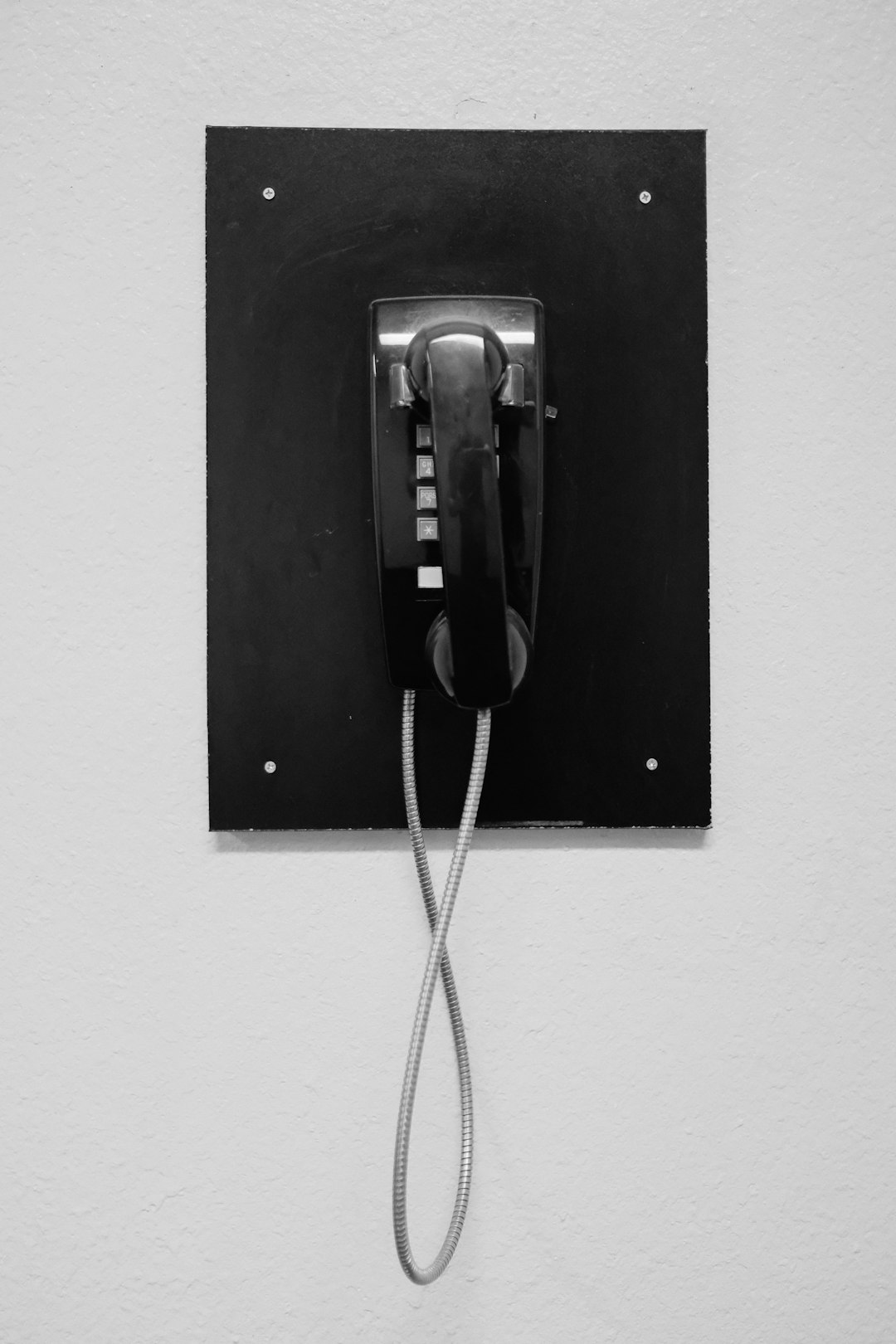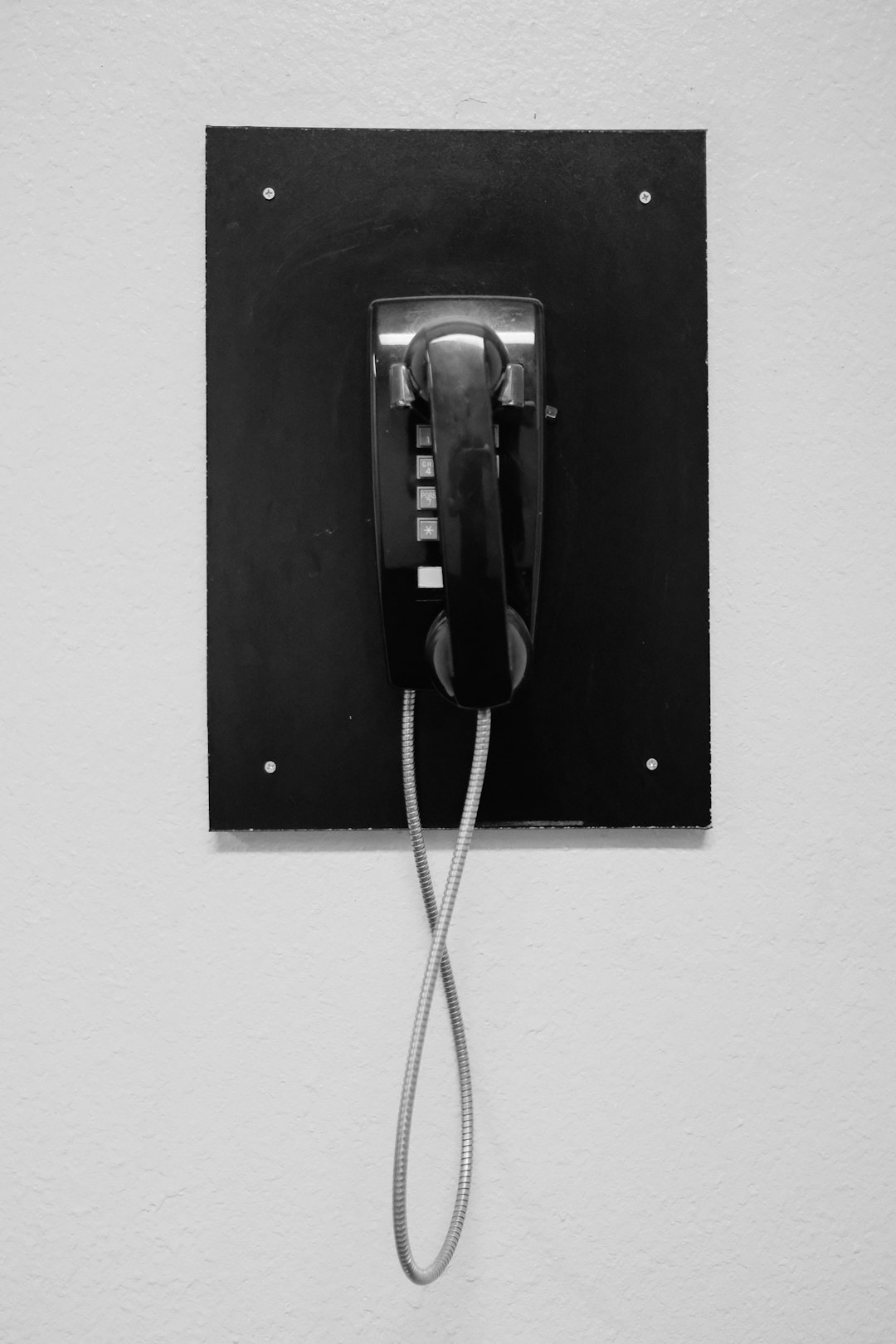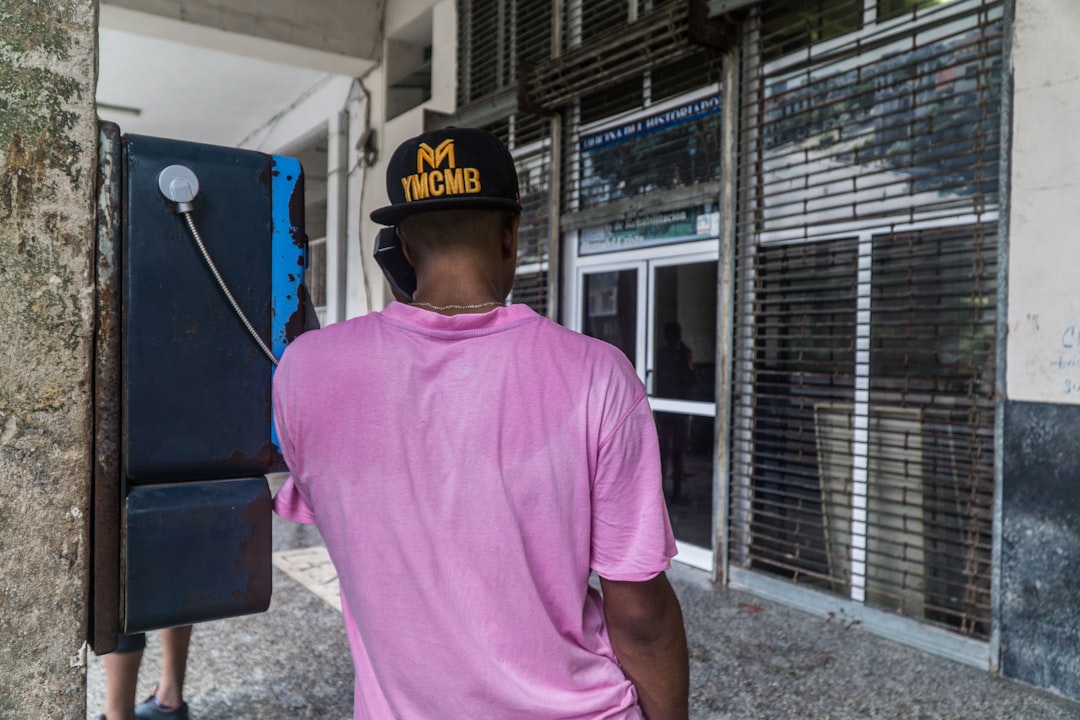In North Carolina, robocall lawyers are vital in fighting unwanted phone calls and text spam, thanks to federal and state laws like TCPA. Residents facing a surge of these calls should consult these experts for guidance on their rights, reporting methods, and local regulations. By documenting incidents, using the Do Not Call Registry, and consulting a lawyer, individuals can protect themselves and contribute to nationwide efforts against spammers. These professionals specialize in consumer protection laws, offering swift solutions to stop unwanted communication and ensure privacy.
In today’s digital age, North Carolinians are increasingly plagued by unwanted robocalls and spam texts. This guide explores the legal landscape surrounding these intrusive communications, delving into state laws and regulations designed to protect residents. We outline clear steps for reporting both robocalls and spam texts, empowering you to take control. Additionally, we discuss how a Robocall Lawyer in North Carolina can provide invaluable assistance in navigating these complex issues and ensuring your rights are protected.
Understanding Robocalls and Spam Texts in North Carolina: Laws and Regulations

In North Carolina, like many states, robocalls and spam texts are regulated to protect residents from unwanted and deceptive communications. The Telephone Consumer Protection Act (TCPA) is a federal law that restricts automated phone calls and text messages for telemarketing purposes, unless the caller has obtained prior express consent from the recipient. State laws in North Carolina further enhance these protections, ensuring citizens have control over their communication channels.
If you’re experiencing a surge of robocalls or spam texts, understanding your rights is essential. A robocall lawyer in North Carolina can guide you through the legal framework and help you report these calls effectively. They can assist in navigating the process to stop unwanted communications and ensure compliance with local regulations, providing peace of mind for those troubled by persistent robocalls and spam texts.
Reporting Robocalls and Spam Texts: Steps to Take

Robocalls and spam texts have become a ubiquitous nuisance, but in North Carolina, there are ways to combat this issue. If you’ve been disturbed by unwanted automated calls or text messages, taking action is crucial. The first step is to identify whether the call or text is a robocall or spam; look for patterns like prerecorded messages or unfamiliar senders. Once confirmed, document the incident(s) by saving the contact information and any relevant message content.
Next, report these unwanted communications to the Federal Trade Commission (FTC) using their Do Not Call Registry. Additionally, North Carolina offers specific protections against robocalls; consult a local robocall lawyer for guidance on how to file a complaint with state authorities if necessary. By taking these steps, you not only protect yourself but also contribute to efforts to crack down on spammers and robocallers nationwide.
How a Robocall Lawyer in North Carolina Can Help You

In today’s digital era, robocalls and spam texts have become a common nuisance. A Robocall Lawyer in North Carolina can help you navigate this growing problem. These legal experts are well-versed in the state’s consumer protection laws and can take swift action to stop unwanted calls and messages. They can file complaints with regulatory agencies, represent you in legal proceedings, and even seek damages for any harm caused by these intrusions.
Having a robocall lawyer on your side enables you to protect your privacy and peace of mind. They understand the complexities of telecommunications law and can guide you through the process of reporting and stopping these unwanted communications. By leveraging their knowledge and resources, you can ensure that your rights are upheld and that your home is free from relentless robocalls and spam texts.






